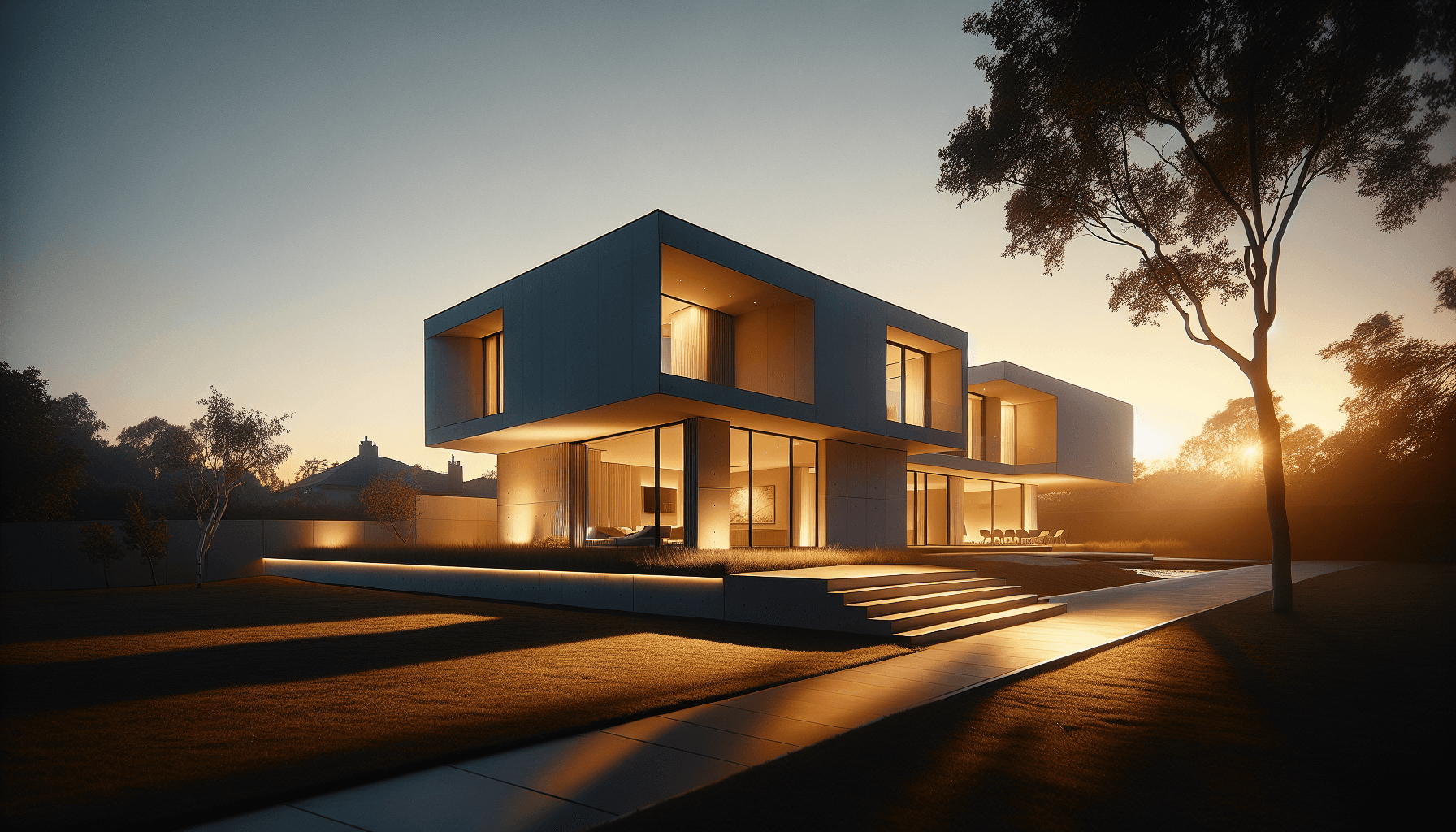What are units in real estate and how are they defined?
I love talking about real estate units - they're like little self-contained worlds within bigger buildings! Let me break down what makes a unit special and why they matter so much in real estate.
Units: A unit is a self-contained living space within a larger property that has its own private entrance and functions independently from other spaces. In real estate, units most commonly refer to individual apartments within multi-family buildings or condominiums, including the interior walls, floors, ceilings, fixtures, and finishes contained within the space's boundaries.
Types of Units
Units come in all shapes and sizes! On the residential side, you'll find apartment units where tenants rent their space, condominium units that people own outright, co-op units where residents own shares in the building corporation, and studio units perfect for single living.
Commercial units serve different purposes - retail spaces house shops and restaurants, office units give businesses their own dedicated workspace, and mixed-use units combine both residential and commercial purposes under one roof.
Key Components of a Unit
What makes a unit a unit? First, you need that private entrance - no walking through someone else's living room to get to yours! The space must function independently with its own kitchen, bathroom, and living areas. Most units have separate utility meters and systems for heating, cooling, and electricity.
The legal side matters too. Each unit has clearly defined property boundaries, specific ownership rights, and access to common areas like lobbies, elevators, or parking spaces. These boundaries and rights are spelled out in legal documents so everyone knows exactly what they own.
Unit Ownership Structures
You can own a unit in several ways. Fee simple ownership gives you complete control over your space. Condominium ownership means you own your unit plus a share of common areas. Cooperative ownership involves buying shares in a corporation that owns the building. Some units operate under leasehold rights, where you lease the space long-term rather than owning it outright.
Understanding Unit Measurements
Size matters in unit calculations! Square footage tells you the actual living space you're getting. Room count helps you understand the layout. The common area ratio shows how much shared space comes with your unit. Price per unit helps investors compare different properties.
Common Considerations When Buying or Selling Units
Location within the building can make a huge difference - think about views, noise levels, and accessibility. What amenities can you access? Swimming pools, gyms, or parking spots might be included. Don't forget about those monthly HOA or maintenance fees! Each building has its own rules about pets, renovations, and renting out your unit.
Investment Potential
Units can be great investments! Many owners earn steady income by renting them out. Property values often increase over time, especially in popular areas. Look at local market demand - are units selling quickly? What types of units do people want? Consider risks like market downturns or building maintenance issues.
Legal and Financial Aspects
Each unit type has specific regulations governing its use and ownership. You'll need proper insurance coverage. Financing options vary - some lenders specialize in certain unit types. Tax implications differ between primary residences and investment properties.
Common Misconceptions About Units
People often misunderstand what they actually own in a unit purchase. Some think they're responsible for maintaining everything inside their walls (not always true). Others underestimate a unit's investment potential or worry too much about privacy in multi-unit buildings.
Future Trends in Unit Development
The future looks exciting! Micro units offer efficient living in small spaces. Smart home technology makes units more convenient and energy-efficient. Sustainable design features reduce environmental impact. Flexible spaces adapt to changing needs - perfect for home offices or multi-purpose rooms.
Ready to Find Your Perfect Unit?
Finding the right unit takes knowledge and experience. At Bellhaven Real Estate, we analyze market trends, understand unit values, and help match you with the perfect space. We'll guide you through every step of the process, from unit selection to closing the deal. Ready to start your search? Let's talk about finding your ideal unit today!

